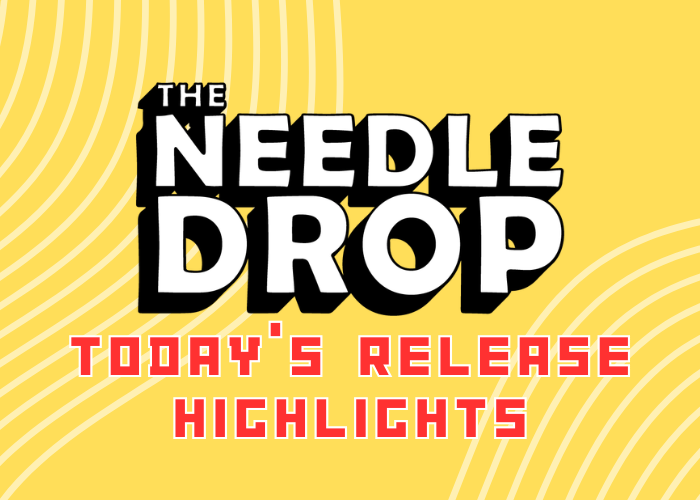Earlier today, Senators Chris Coons (D-Del.) and Marsha Blackburn (R-Tenn.) and Representatives Madeleine Dean (D-Pa.) and Maria Salazar (R-Fl.) held a press conference at Capitol Hill announcing the reintroduction of the "NO FAKES" Act, which stands for "“Nurture Originals, Foster Art, and Keep Entertainment Safe." The congresspeople were joined by representatives of the Recording Academy, the Human Artistry Campaign, Google, MPA, RIAA, SAG-AFTRA, and YouTube, according to Variety.
As printed in Variety, Recording Academy CEO Harvey Mason Jr. said:
"Today’s reintroduction of the ‘NO FAKES’ Act underscores our members’ commitment to advocating for the music community, and as we enter a new era of technology, we must create guardrails around AI and ensure it enhances – not replaces – human creativity. We thank Senators Blackburn and Coons, and Representatives Dean and Salazar for their unwavering support on this issue, and we look forward to working alongside them to pass the NO FAKES Act this Congress.”
The NO FAKES Act was introduced into Congress on July 31, 2024 (H.R. 9551 in the House, S.4875 in the Senate). The bill, which accrued bipartisan support, aimed to protect the rights of an individual's voice and likeness against unauthorized digital replicas. The bill failed to advance, however, due to worries over First Amendment protections, Deadline reports.
Per the original bill, a "digital replica" is "a newly created, computer-generated, highly realistic electronic representation" of a person, intending to capture their exact likeness without their direct participation. Using authorized samples, remixing, or digital remastering of a person's voice does not consistute as "replication"; the use of unmanipulated, recorded material of the person in order to clone it does.
A person's image that appears in bona fide news, public affairs, historical/biographical documentaries, broadcasts, etc. is also considered "authorized," so long as it's materially relevant to the content. Fair Use laws — replicating a person's voice and likeness for the sake of commentary, satire, parody, scholarship, and matters of public interest — are also protected, according to the bill.
The bill would give artists full control over their likeness and voice, holding other businesses, platforms, and other individuals accountable for the unauthorized reproduction of their likeness. This would be the first-ever federal right of publicity, Variety reports, and it would provide a nationwide framework to ensure a person's likeness is not shared without their consent.
Musicians testified in Congress last year to help shape the contents of the new bill. FKA twigs spoke to the Senate Judiciary Committee on Intellectual Property last April, giving her support to the NO FAKES ACT. She admitted that she had digitally cloned herself to reimagine her interactions with fans, and that her fully authorized project involved exact replications of her likeness and voice. She clarified that AI, in this case, was a "highly valuable tools both artistically and commercially when under the control of the artist," as printed in Vulture. Yet, as twigs admitted, the AI version of herself will never fully replace her. Testifying before Congress, she said, “AI cannot replicate the depth of my life journey. Yet those who control it hold the power to mimic the likeness of my art, to replicate it, and falsely claim my identity and intellectual property.”
FKA twigs testifies before the Senate on how AI replications affect musicians:
— The Recount (@therecount) April 30, 2024
“AI cannot replicate the depth of my life journey. Yet those who control it hold the power to mimic the likeness of my art, replicate it, and falsely claim my identity and intellectual property.” pic.twitter.com/kQjriRfsJT
She continued:
“I stand before you today because you have it in your power to help protect artists and their work from the dangers of exploitation and theft inherent in this technology if it remains unchecked. I am here on behalf of all creators whose careers depend on their ability to create, safe in the knowledge that they can maintain tight control over their own art, image, voice, and identity.”
The NO FAKES Act now has the support of the motion picture and music industries, as well as tech giants like Google, Amazon, IBM, Adobe, and OpenAI — all of which have been encouraging integration of generative AI in their platforms — according to Deadline.




What do you think?
Show comments / Leave a comment